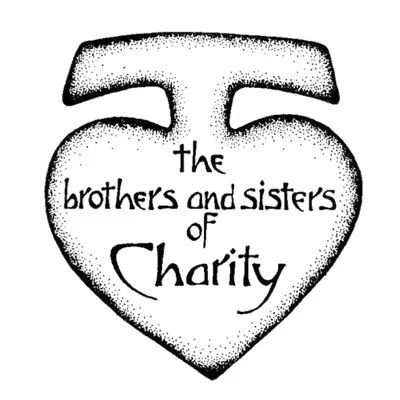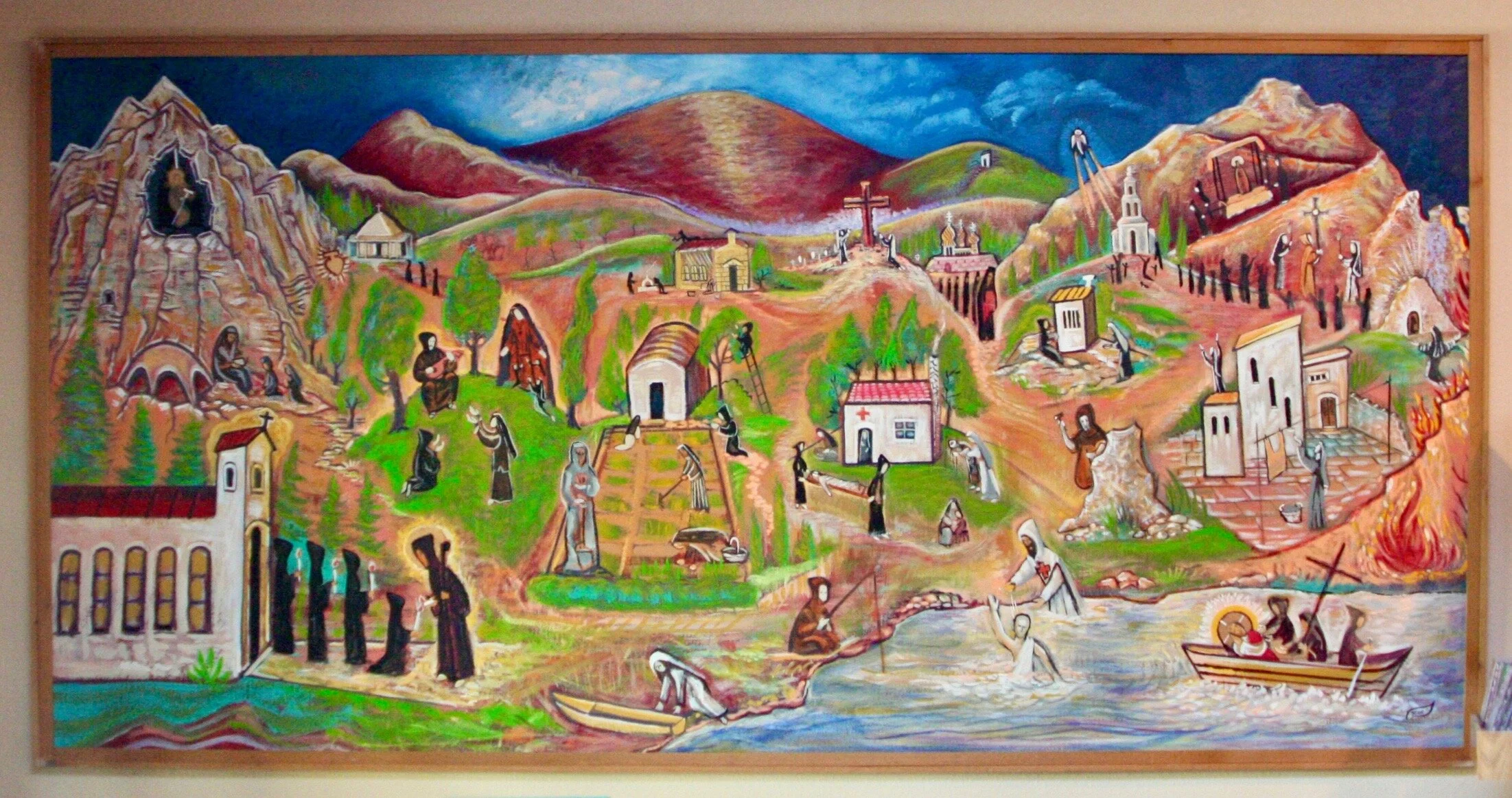from the Domestic Directory
Chapter 1: Basic Vision
1. The community members who are part of the domestic expression profess the evangelical counsels in a way proper to their state of life in this community.
2. The domestic community comes together on international, national, regional, and local levels for mutual support. The first three are through gatherings, chapters and councils. The local level gathers more frequently in the local cell group.
3. The domestic home is considered a most important unit of the community, for it is here that the nuclear family dwells as the most primary expression of community within the human society and the church. It is here that the day-in and day-out lifestyle of the domestic expression of the Brothers and Sisters of Charity is lived. Next, come the local cell group, the regional, national and international gatherings, chapters and councils.
4. The way of life of the Brothers and Sisters of Charity Domestic expression is essentially domestic. The brothers and sisters are called to live and work in the midst of the secular world in order to instill and offer religious values to all. In this, the brothers and sisters are called to obey Jesus who says to “live in the world without being of the world.”
5. We are also inspired by the rich tradition of those associated with the various monasteries and religious orders and congregations while living in their own homes throughout Catholic Christian history. We also respect the tradition of simple gospel living coming to us through other various alternative Christian movements and groups. We do this respecting the monastic and Franciscan origins and inspiration of the Brothers and Sisters of Charity.
6. Cleric: (GD 4-5) According to the individual's call from God, they may seek clerical ordination.
7. Profession This Christ-centered life of loving contemplation and apostolic action is sought under the profession of the Covenant Promise. By the nature of the domestic community, this profession demands a less intense living-out of each respective covenant than in the monastic expressions of our community, yet more intense than the average lay expression of the church.
Chapter 2: Community Life
9. This community is evidenced first in the nuclear family itself and secondly, in the community of the Brothers and Sisters of Charity. The cell group is the most basic unit of the community beyond the family.
10. For the domestic expression, the community of the nuclear family is seen as a more primary expression of community than the community of the Brothers and Sisters of Charity itself. Any commitment within the Brothers and Sisters of Charity serves to strengthen the family commitments within the overall call to domestic life. If ever there is a habitual tension between these two calls, except in matters of faith and morality as dictated by the church, the family must seriously consider the possibility that God might be calling them out of the community. However, this must not become an excuse for the “independence” mentality that so quickly makes communal input into a member's lifestyle impossible.
11. Domestic community members are especially encouraged to join the community at large in prayer and service, and by attending chapters, gatherings, cell groups and other available meetings.
12. Domestic cell groups meet on a monthly, bi-monthly, or weekly basis depending on the geographic proximity of its members. Ideally, the cell group meets weekly to build real community relationships based upon the charism and guidelines of the Brothers and Sisters of Charity. We also recognize the existence of isolated members who meet with community less frequently.
13. Gatherings, meetings, and ministries are arranged by the minister, along with the appropriate chapter or council, to facilitate a closer contact amongst the community members.
14. Church activity outside of the community is encouraged as an evangelistic ministry. This is done to draw people into relationship with God and one another through Christ, the Church and, when appropriate, this community. Normally, one extra church-type meeting per week beyond the cell group, plus regular parish or church attendance at Sunday and Holy Day worship, is encouraged with a special care for the time demands of the nuclear family.
15. Membership in other associations or communities is possible and encouraged as long as they are mutually compatible and complementary without habitual conflicts in vision or time. Priority is given to the Brothers and Sisters of Charity.
16. Domestic houses of prayer may be established under policies and guidelines approved by the General Council, for more intense living out of our way of life that is yet distinct from the monastic expression.
17. Domestic Houses of Prayer embody certain aspects of the monastic expression in less intense lifestyle applications. However, they live the call to intentional community, public and private prayer, and ministry in more intense way than the normal domestic expression. Each House of Prayer draws up its own norms with confirmation from the General Minister and Council and is under their direct authority.
18. Domestic members in residence at the monastery are under direct monastic leadership.
For more information, click here: Domestic Expression

